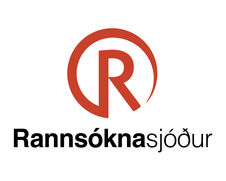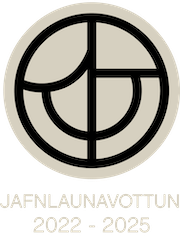Hin góða móðir: Orðræður og upplifun - verkefni lokið
Fréttatilkynning verkefnisstjóra
The objective of this study was to gain a better understanding of dominant discourses on mothering in Iceland, and to contribute to international scientific dialogue on motherhood and experiences of mothering.
Specifically, the goal was to examine how the discursive marker of “good mothering” regulates and disciplines mothers and if, and how, resistance to normalizing techniques is enacted and experienced by individuals. This was achieved by collecting three data-sets: 40 interviews with midwives, pregnant women and first-time mothers; documentary analysis of the three leading Icelandic websites that provide information about pregnancy, birth, breastfeeding and care; and 77 personal narratives from Icelandic mothers who had encountered problems with breastfeeding. The theoretical perspective adopted in this study is post-structuralist and feminist, viewing language as both perpetuating and reflecting normative assumptions that underpin social structures and power relations and understanding subjectivity as a process that is shaped and supported by discourses.
The results of this study have been disseminated in four journal articles that have either been published or are currently under review with high ranking international scientific journals. The four scientific papers that form the basis of this thesis are formulated around three key concepts or maternal activities: attachment and bonding; breastfeeding; and birth. These maternal activities are constructed as the most influential yardsticks on which early motherhood is measured and evaluated. As these defining activities of birth, bonding, and breastfeeding take place early on in the mothering narrative, it would seem that mothering is most culturally problematized in the beginning. By deconstructing the discursive functions of these activities, we can see how dominant discourses on early motherhood in Iceland converge upon the maternal body to discipline it and regulate its functions and operations.
This research on the construction of motherhood in Iceland is the first of its kind and has provided valuable insights into the experience of Icelandic mothers and dominant discourses on motherhood. This project has provided findings that will influence and add to the body of knowledge of motherhood world-wide, as a social construct, institution as well as a lived experience.
Heiti
verkefnis: Hin góða móðir: Orðræður og upplifun
Verkefnisstjóri: Ingólfur
V. Gíslason, Háskóla Íslands
Tegund styrks:
Verkefnisstyrkur
Styrktímabil: 2014-2016
Fjárhæð styrks: 13,7
millj. kr. alls
Tilvísunarnúmer
Rannís: 141617


